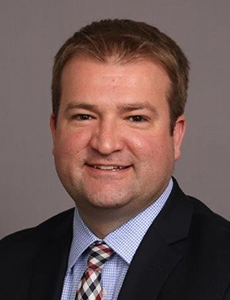The Critical Role of Defense Counsel in Securities Class Actions
Securities class actions are a significant concern for U.S. public companies of all sizes. When a company and its directors and officers are sued for securities fraud, finding the right defense counsel is crucial. The securities defense bar is a specialized subset of U.S. law firms, making the selection process challenging.

Berkshire Hathaway Specialty Insurance (BHSI) has developed a solution to this problem. They maintain a list of securities defense firms that, in their view, provide the best defense in this area. Their “Preferred Counsel” program goes further, offering insureds financial and other incentives unique in the D&O marketplace.
In 2024, there were 220 “core” securities class actions filed, alleging violations such as 10b5 and section 11. This represented an increase from 209 filings in 2023. Claimed damages rose by 23 percent, with 27 lawsuits alleging damages of over $5 billion. Settlements followed this trend, with typical settlements ranging between $30 million and $40 million. Ten securities class actions settled for $100 million or more, and the total value of all settlements in 2024 was over $6 billion.

William Carroll, SVP Public Commercial Insurance and D&O Product Lead at BHSI, explains that the firm’s Preferred Counsel Program was launched in June 2024. The program offers insureds financial benefits for working with one of 25 carefully vetted law firms. “These firms have demonstrated a deep understanding of securities class actions and the unique challenges our customers face,” Carroll said.
The primary goal for defense attorneys in securities class actions is to defeat the case at the pleadings stage on motion to dismiss. However, Peter L. Critchell, VP Public Commercial and Financial Institutions and Technical Claims Lead at BHSI, notes that roughly half of all securities class actions survive a motion to dismiss and move into the costly discovery phase.

BHSI’s preferred counsel endorsement includes several industry-leading financial incentives. The first is an immediate reduction in the self-insured retention amount, typically 25 percent. The second is an additional reduction of up to 100 percent of the remaining self-insured retention if the defendants do not prevail on the motion to dismiss.
The program has been successful, with BHSI growing its primary public D&O portfolio by over 20 percent since its rollout. The insurer believes that building strong relationships with law firms is key to the program’s success, benefiting both the firms’ clients and BHSI itself.
To learn more about BHSI’s Preferred Counsel Program, visit https://www.bhspecialty.com/.


